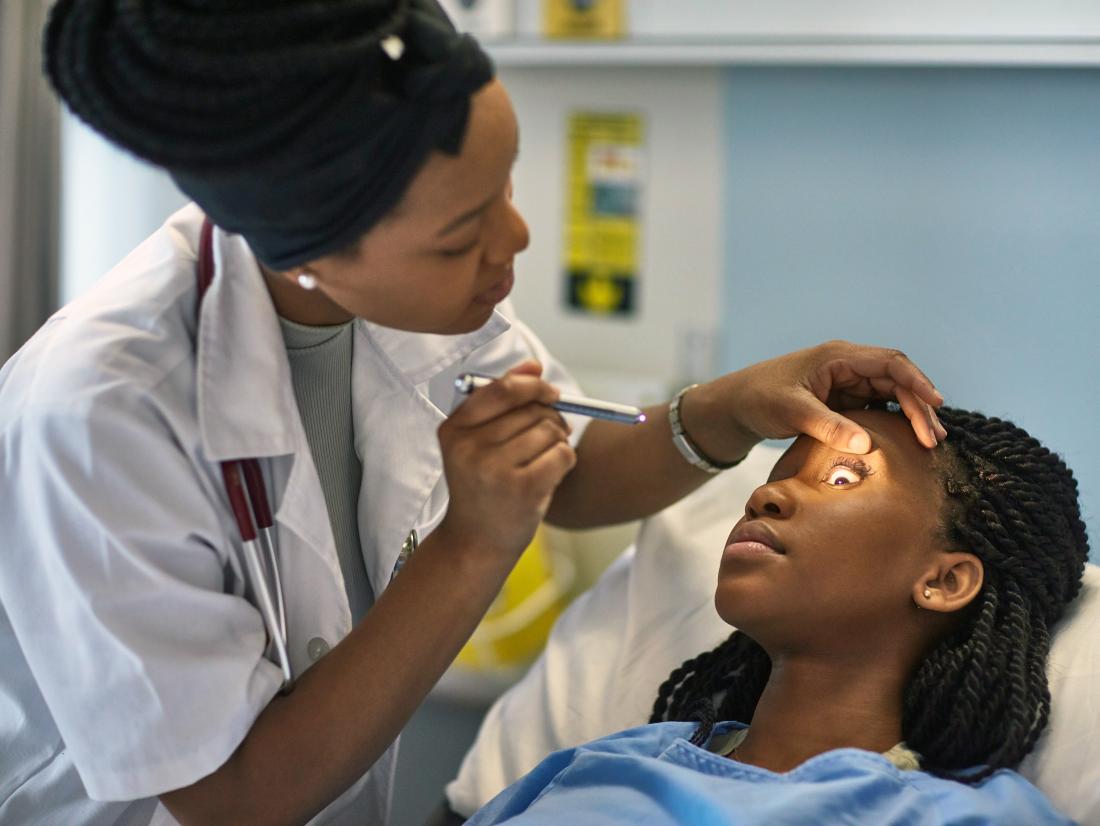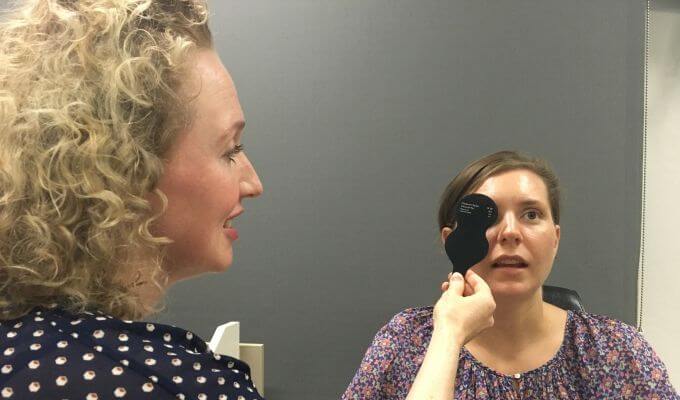Eye Checks - Questions
Table of ContentsThe Greatest Guide To Emergency Eye ProblemsThings about Adult StrabismusConjunctivitis Things To Know Before You Buy6 Easy Facts About Adult & Paediatric Eye Surgery Shown
Ophthalmologists are clinical physicians that concentrate on the diagnosis and treatment of eye and also vision problems. What is the distinction in between an eye doctor and an optometrist, then? What concerning lens? These 3 kinds of eye care experts have rather similar-sounding names and also overlapping job summaries. It can be confusing initially glimpse.They can not give eye examinations, compose prescriptions, or detect or deal with eye issues. can examine your eyes, examination your vision, suggest glasses or get in touches with, and diagnose as well as treat several eye problems and also illness. They are not medical physicians or specialists but can recommend specific eye-related drugs (https://packersmovers.activeboard.com/t67151553/how-to-connect-canon-mg3620-printer-to-computer/?ts=1656856882&direction=prev&page=last#lastPostAnchor). Give eye examinations, vision testing, as well as prescriptions for glasses or call lenses.

Ophthalmologists identify as well as deal with injuries, infections, conditions, and conditions of the eye. Therapies can consist of medication taken orally (by mouth) or topically (in the eye), surgical treatment, cryotherapy (freeze treatment), and chemotherapy (chemical therapy). Eye doctors participate in clinical school then get numerous years of specialized training in the medical as well as surgical treatment of the eye.
How Comprehensive Ophthalmology can Save You Time, Stress, and Money.
As they are the only physician who can deal with all eye disorders, ophthalmologists see a wide range of eye problems, consisting of: Just how usually should you have an eye examination? What are signs and symptoms that show you may have an eye issue that requires to be inspected by an ophthalmologist? The American Academy of Ophthalmology advises: As kids's eyes are expanding and altering quickly, they ought to get a vision testing.
Grownups that have healthy eyes as well as superb vision need to have 4 thorough eye exams: one in their 20s, two in their 30s, and also one at age 40. These examinations may enable the eye doctor to capture an eye disease or vision changes early. By the time you notice signs, you might currently have some vision loss (AMBLYOPIA).

People who are at a greater threat of eye illness might need to obtain an eye exam extra usually. After age 65, your eyes must be examined every one to two years.
Your view relies on seeing the reference best optometrist at the correct time. When it's time to "obtain your eyes examined," see to it you are seeing the ideal eye care professional for your requirements. Eye doctors, optometrists and also opticians each play a crucial role in offering eye care to customers. Yet the degrees of training and proficiency are rather various for each and every sort of supplier.
Some Known Questions About Eye Checks.

is a medical or osteopathic medical professional who concentrates on eye and also vision care. Ophthalmologists differ from eye doctors and also opticians in their levels of training and also in what they can diagnose and also treat (https://rebrand.ly/drcrlinecatt). As a clinical physician who has finished university as well as at least eight years of added clinical training, an ophthalmologist is certified to practice medicine and also surgical procedure.
Lots of eye doctors are likewise associated with clinical research study on the reasons and treatments for eye diseases and also vision problems. SUBSPECIALISTS: EXTRA UNDERSTANDING AND TRAINING FOR SPECIFIC EYE requires While eye doctors are educated to look after all eye problems and also conditions, some Eye M.D.s specialize in a specific location of medical or medical eye care.
He or she usually completes one or two years of added, much more comprehensive training called a fellowship in among the primary subspecialty locations such as glaucoma, retina, cornea, pediatric medicines, neurology and also plastic surgical treatment, as well as others. This added training as well as knowledge prepares an ophthalmologist take care of even more complex or details conditions in specific locations of the eye or in specific teams of individuals.
An eye doctor is not a medical physician. An optometrist obtains a medical professional of optometry (OD) degree after finishing four years of optometry college, preceded by 3 years or even more years of college. They are accredited to practice optometry, which largely entails doing eye examinations and vision examinations, recommending and giving restorative lenses, finding certain eye irregularities, and also prescribing medications for particular eye illness.
An Unbiased View of Amblyopia
They utilize prescriptions provided by ophthalmologists or eye doctors, yet do not check vision or write prescriptions for aesthetic adjustment. Lens are not allowed to identify or deal with eye diseases. Most of us depend upon our vision in more manner ins which we might recognize. Without healthy and balanced vision, our ability to function, play, drive or even identify a face can be considerably influenced.
Having a household member with eye disease can make you more vulnerable to having that problem. Sight-stealing eye illness can show up any time. Extremely frequently they are unnoticeable in the beginning and are challenging to detect. That's why it is so essential to see an ophthalmologist for a full clinical eye examination by age 40, as well as after that as frequently as suggested by your Eye M.D.
If you have any one of these, make sure to check out an eye doctor. A total, clinical eye test by an Eye M.D. could be the primary step towards saving your view. Bulging of one or both eyes; Dark drape or veil that obstructs your vision; Decreased vision, also if momentary; Diabetes mellitus; Altered vision; Double vision; Excess tearing; Eyelid problems; Family background of eye condition; Halos (tinted circle lights); Hypertension; HIV or Help; Injury to the eye; Loss of outer (side) vision; Misaligned eyes; New drifters (black "strings" or specks in the vision) and/or flashes of light; Discomfort in the eye; Thyroid disease-related eye problems (Tomb' disease); Unusual red eye.